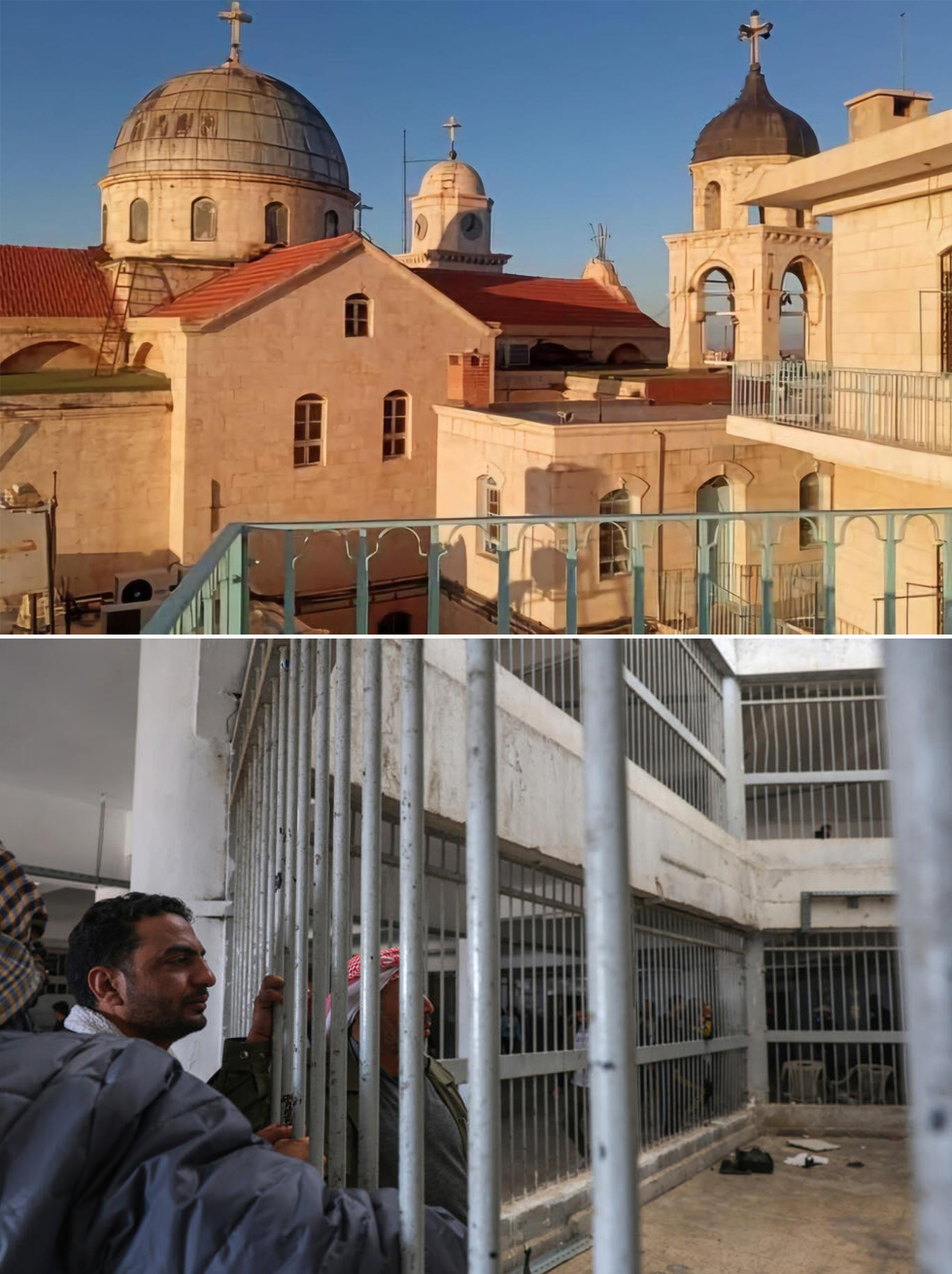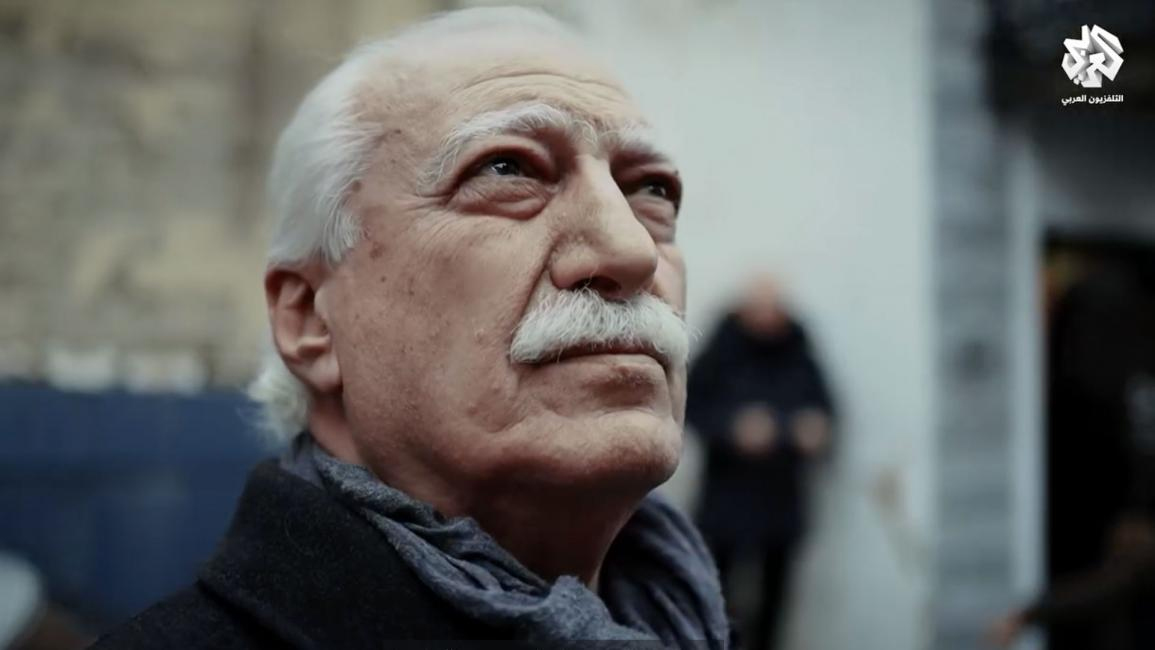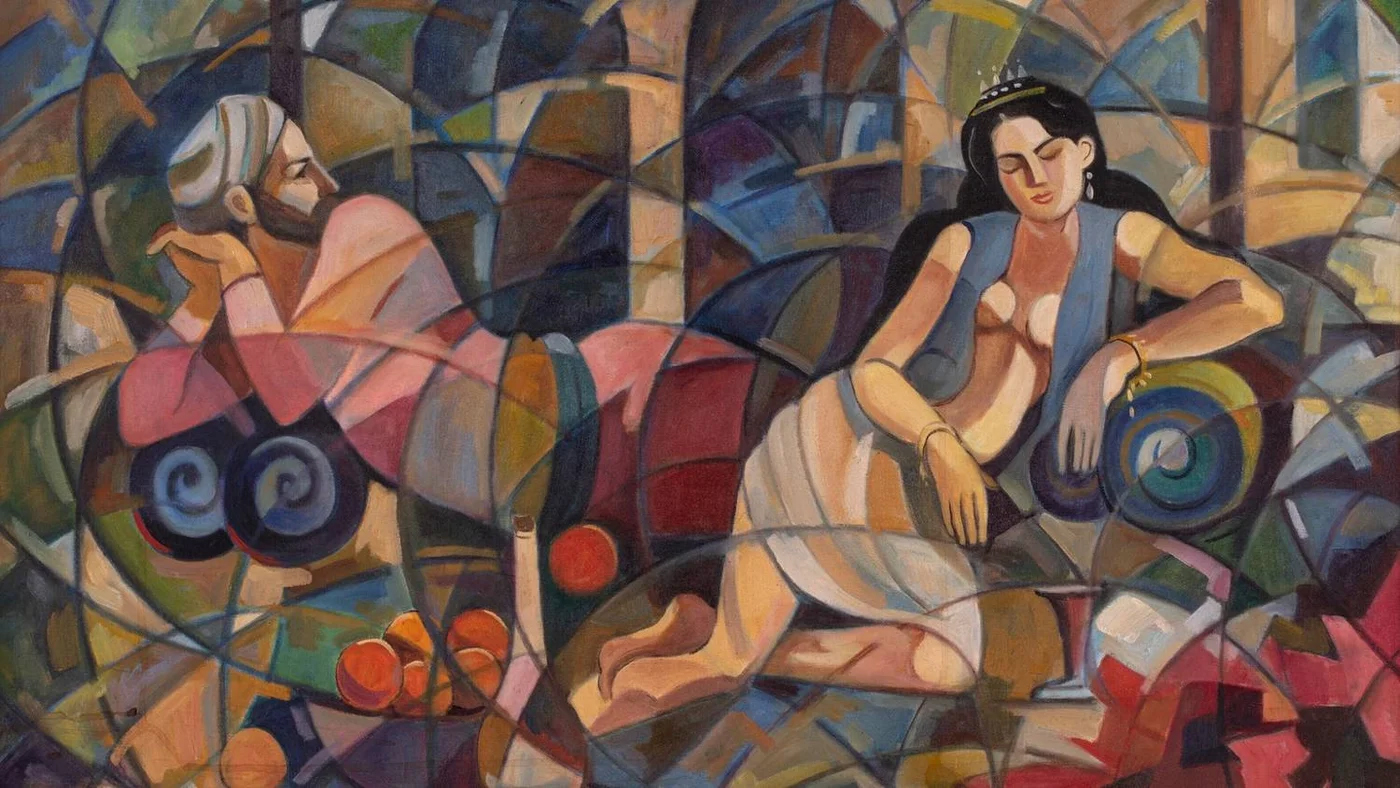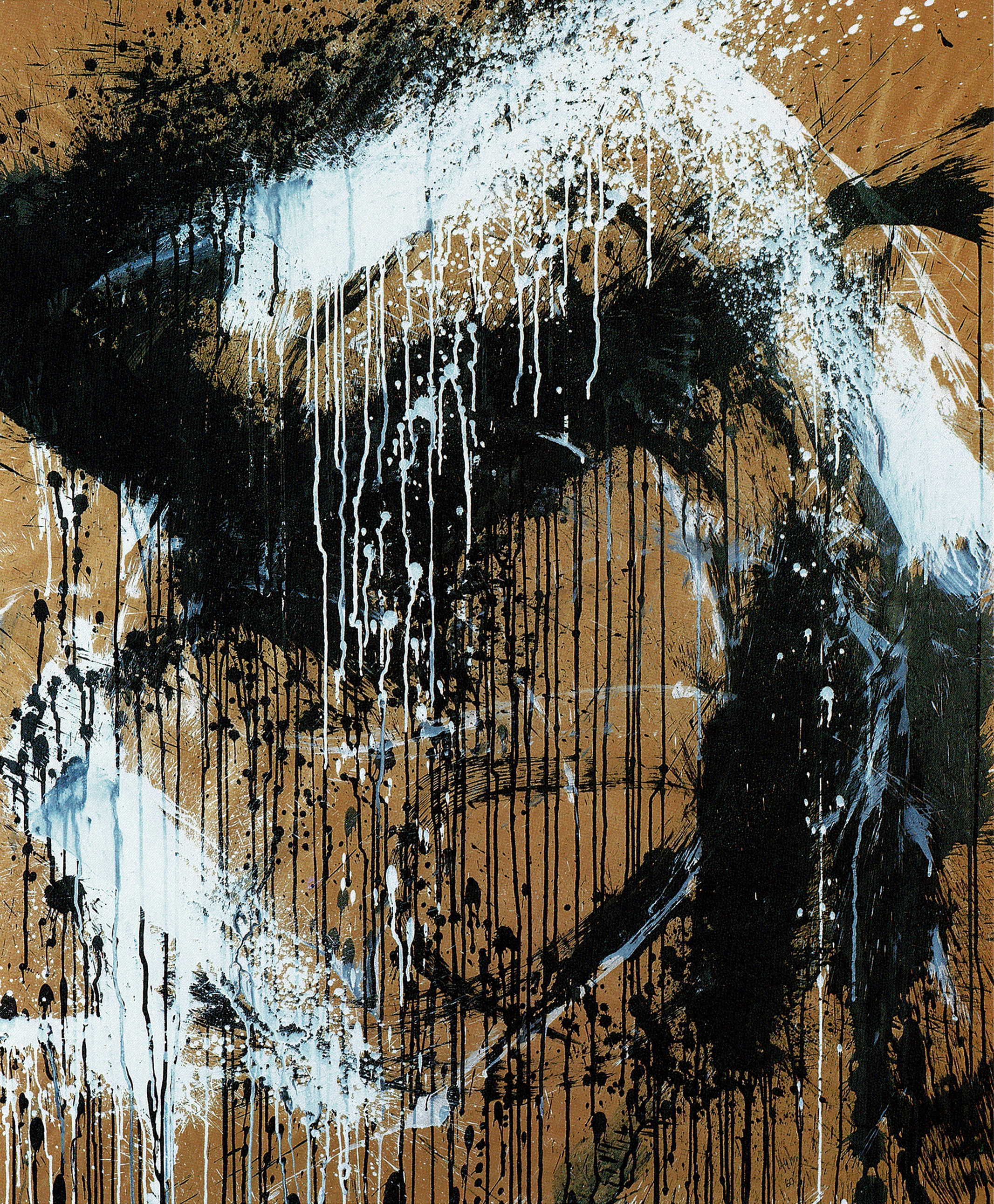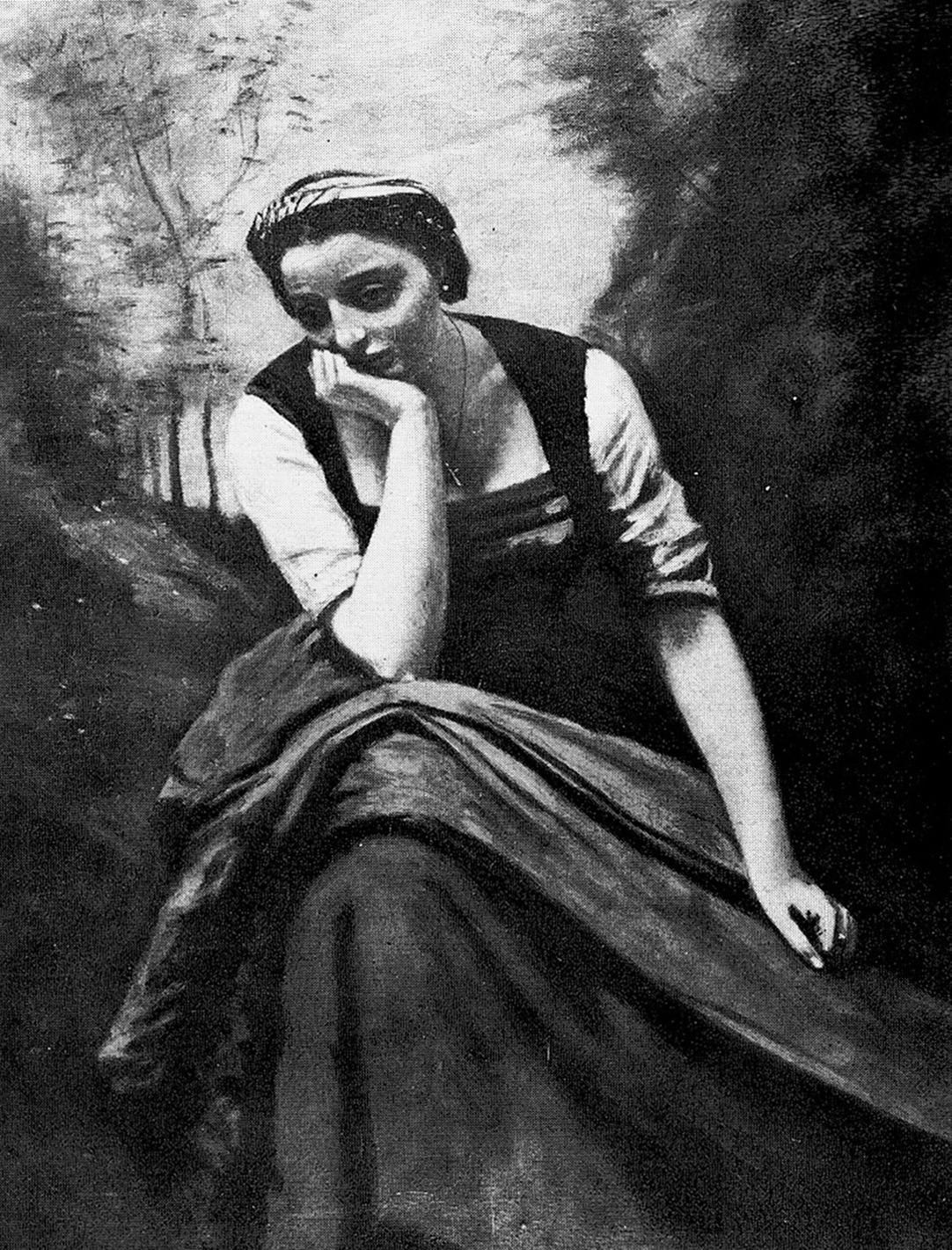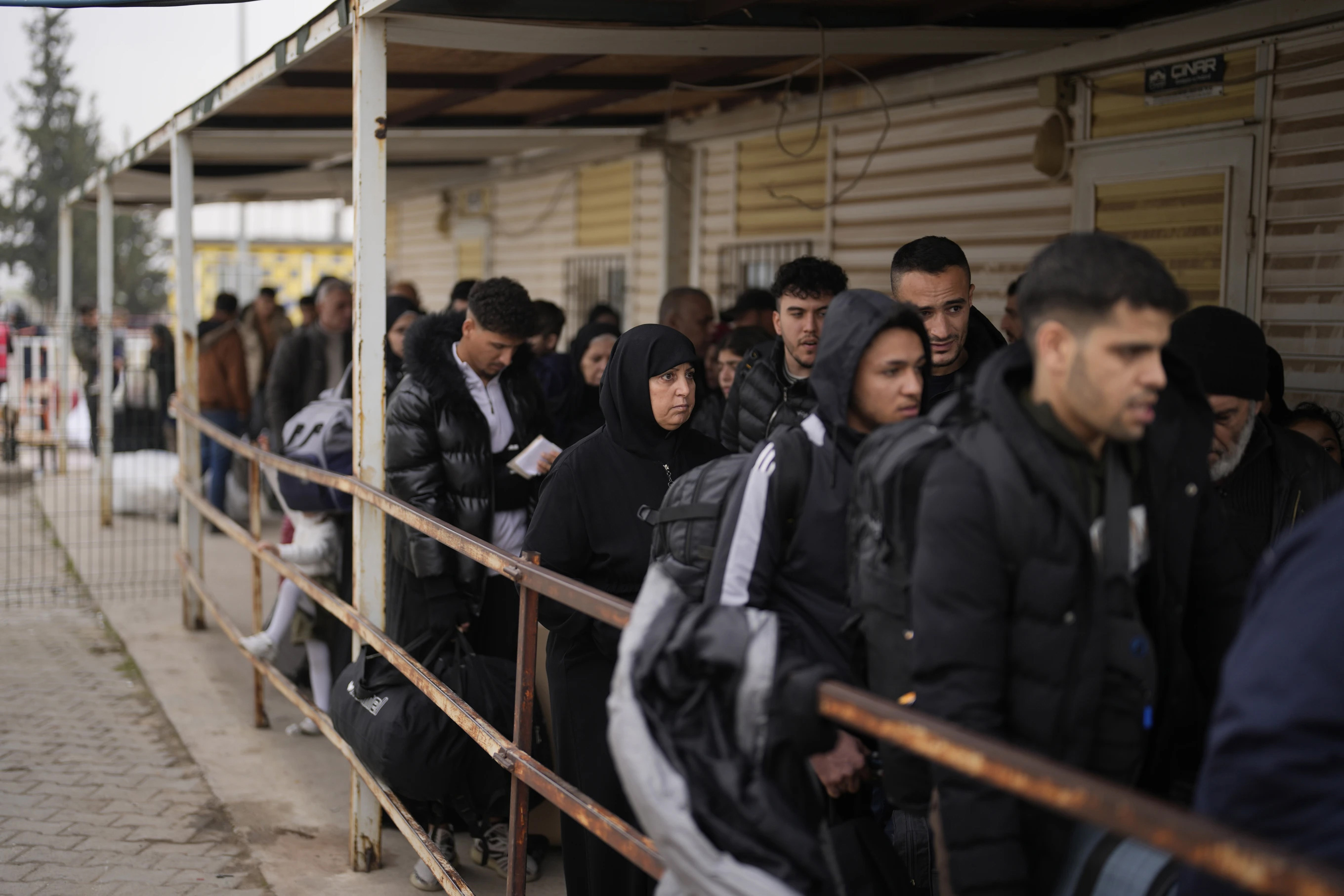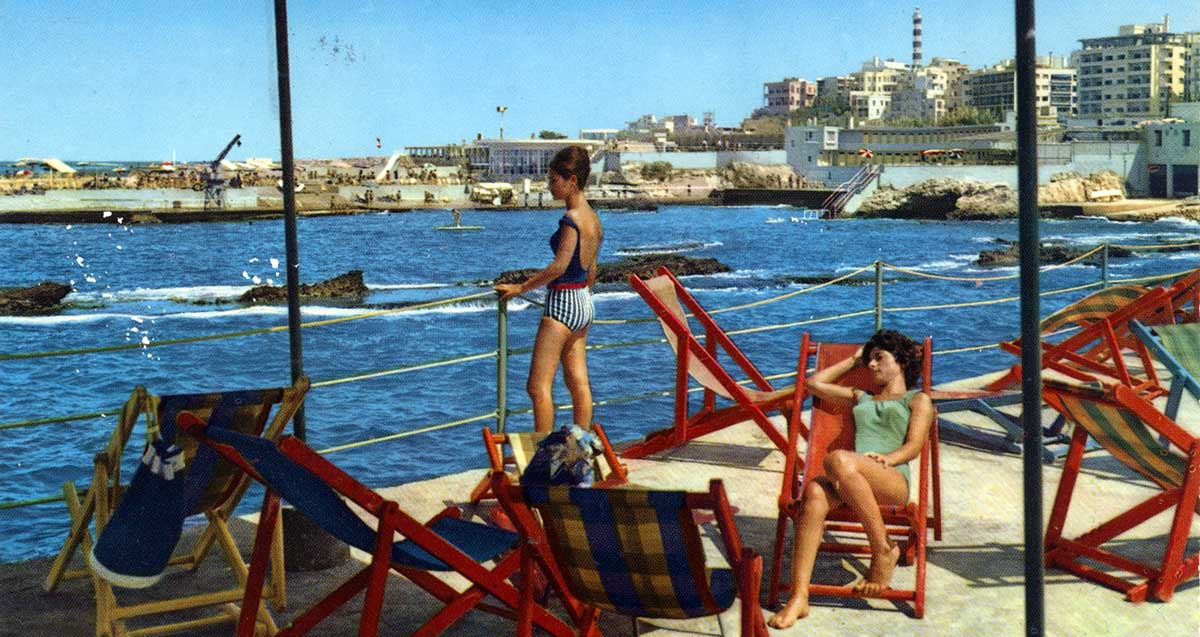Essays and Features
Syria’s Sectarian Strife Woven with Twisted Fortunes and Cruel Ironies
What occurred on March 6 off the Syrian coast has long been anticipated following the downfall of the Assad regime. However, it unfolded several weeks later. The accurate prediction of violence on the Syrian coast did not require exceptional foresight but was tragically Pavlovian. The defeat of Assad's forces, primarily supported by the Alawites, at the hands of Hayat Tahrir al-Sham (HTS), a Sunni Muslim-dominated group, had set the conditions for a sectarian conflict. "Syria: Fear vs.
‘The Obedient Tears’ of Youssef Abdelki
Recent Sectarian Conflict Awakens Syrians to Imaginary and Non-imaginary Narratives About Themselves and Others
Narratives are powerful forces. When Syrians wake up after each conflict to proclaim or revive a narrative, they are, as Fadwa Abboud argues in her article "The War of Syrian Narratives" (published in Al Modon newspaper), "continuing their wars by other means." Abboud contends that Syrians are both victims and architects of the stories they tell about themselves. These narratives often evolve into tales of victimhood, shaping political and cultural growth through socialization.
The Legacy of Western Colonialism, Arab Authoritarianism, and Islamic Extremism Taints Image of Secularism
With Assad’s Fall, a Syrian Blogger Finds New Freedom to Bond with Her Family
Syrian blogger Mayada Tishori illustrates the challenges Arab women face regarding their personal and political rights in a compelling essay, “My Country Was Liberated… and Now It’s My Turn,” written in Arabic for the online Lebanese newspaper Al Modon.
SHALL I RETURN?
Syrian Poet Rasha Omran Examines the Dilemma Facing Displaced Syrians
From Harem to Civil Society: The Journey of Fatima Mernissi
Restoring Lebanon’s Former Glory from the Clutches of ‘Dante’s Hell’: The Key to the Future Lies in the Present, Not Past
Lebanon stands on the precipice of change with its election of a president independent of the corrupt old elite and the nomination of a reformist prime minister-designate. These tides of change usher in a new wave of enthusiasm and even optimistic euphoria among some, as expressed by many intellectuals, both Lebanese and Arab. The Algerian novelist Amin Zaoui stands out among some of these optimistic intellectuals, recalling Beirut’s ‘golden years’ of the 1950s, 1960s, and part of the 1970s.
‘About the Happiness of the Oppressed’:
As the Assad Regime’s Collapse Looms, Riham Essa Reflects on the Complex Emotions Among Syrians

